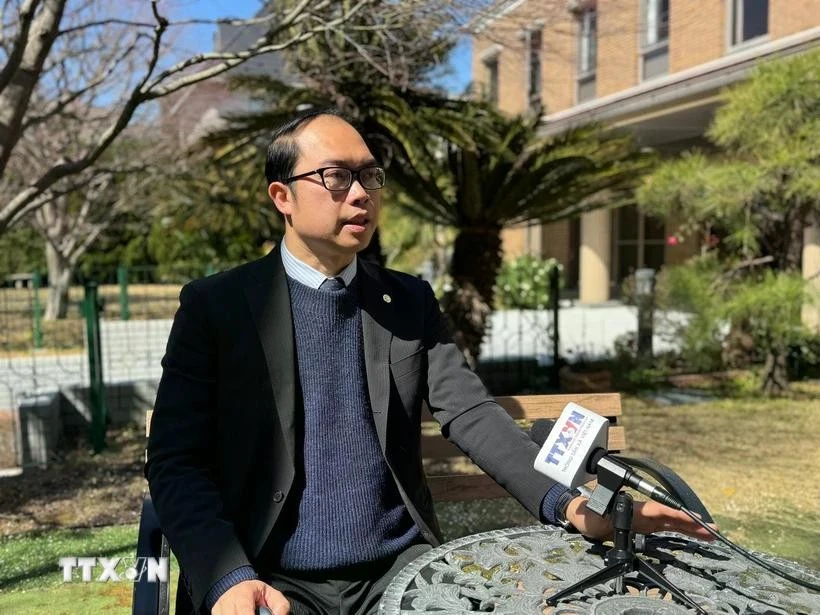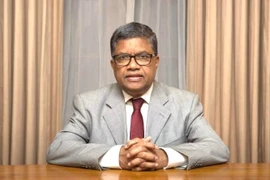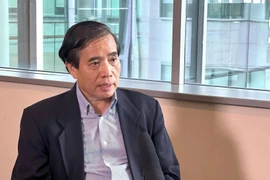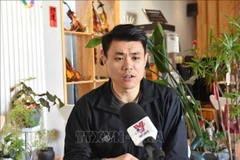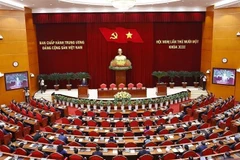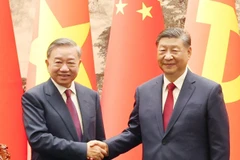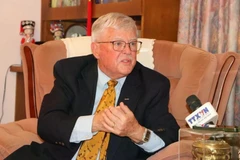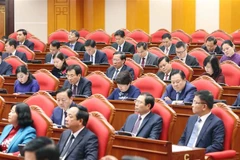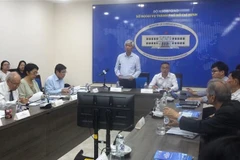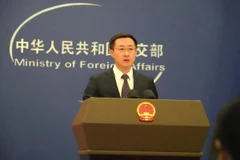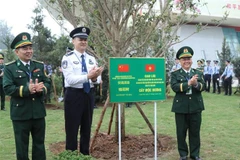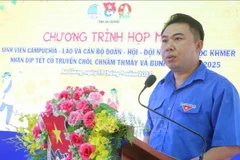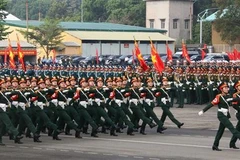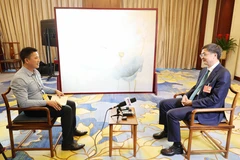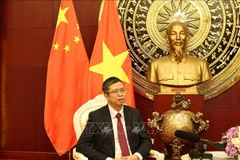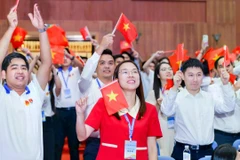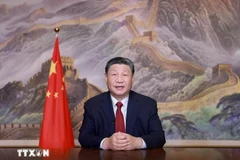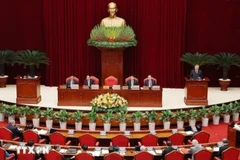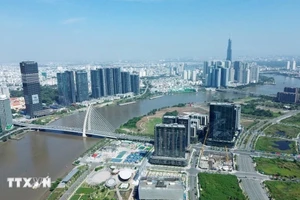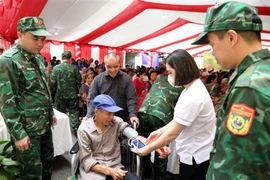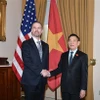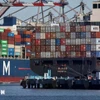Tokyo (VNA) – The April 30, 1975 victory was a defining moment not only for Vietnam but also for the global revolutionary movement, marking the end of the anti-US war and leading to national reunification under the Communist Party of Vietnam (CPV)’s leadership, said Chairman of the Union of Vietnamese Associations in Japan Dr. Nguyen Hong Son.
Speaking to Vietnam News Agency correspondents in Tokyo ahead of the 50th anniversary of the victory, Son described the victory as the culmination of decades of struggle for national independence and reunification. With this historic achievement, Vietnam officially unified the North and the South, ushering in a new era of national development.
On the global stage, the victory reverberated profoundly, proving that even a small nation, with determination and strong leadership, could overcome a global superpower. This inspired anti-colonial and independence movements worldwide while reshaping global perspectives on military intervention, influencing the foreign policies of major powers for decades.
The April 30, 1975 victory remains a powerful testament to the resilience, courage, and unyielding commitment to independence and freedom of the Vietnamese people and oppressed nations globally, Son affirmed.
Highlighting Vietnam’s remarkable progress since that pivotal day, he noted that the nation has transformed from an underdeveloped agricultural economy into one of the world’s fastest-growing economies. Today, Vietnam boasts a dynamic economic landscape, with thriving industry, services, and agriculture sectors. Manufacturing and technology have seen exceptional growth, drawing substantial foreign investment and elevating Vietnam’s global economic standing.
Infrastructure upgrade has been a cornerstone of this rise. Significant investments in transportation networks, seaports, airports, and digital systems have bolstered trade, tourism, and quality of life for citizens. Education, too, has been a vital driver, with the modernisation and expansion of the educational system reaching even the remotest mountainous and island regions. This focus on cultivating a skilled workforce has enhanced productivity and economic competitiveness.
Son credited Vietnam’s sustainable development to political stability and effective governance. Administrative reforms, improved transparency, and enhanced management efficiency have instilled confidence among investors and the global community.
According to him, Vietnam’s growing global stature has been widely recognised, with its active involvement in international organisations, the signing of numerous free trade agreements, and a pivotal role in ASEAN. These efforts have not only elevated Vietnam’s international image but also opened doors for economic cooperation and development.
National unity, he stressed, remains the bedrock of Vietnam’s success. It fosters social harmony, ensures political stability, and preserves traditional cultural values while strengthening education, healthcare, and national defence. Diplomatically, Vietnam has demonstrated exceptional acumen, normalising relations with the US, joining ASEAN, and forging strategic partnerships through free trade agreements, all of which have enhanced its global influence.
In strategic sectors, Vietnam has prioritised investments in information technology, renewable energy, and other key industries, generating employment and propelling economic growth.
Reflecting on the enduring lessons of the 1975 victory, Son stressed their relevance as Vietnam deepens its global integration. The flexibility and creativity displayed during the independence struggle must now guide the nation through the challenges of the digital economy and Industry 4.0.
“Businesses and individuals must embrace innovation, seek groundbreaking solutions to capitalise on opportunities and create value in today’s dynamic environment”, he urged, adding that leaders, in turn, must provide clear direction, make timely and sound decisions, and steer society through digital transformation and global economic integration.
Son concluded that the April 30, 1975 victory continues to offer timeless values and inspiration, guiding Vietnam as it builds on its historic achievements to secure a prosperous future under the CPV’s visionary leadership./.
